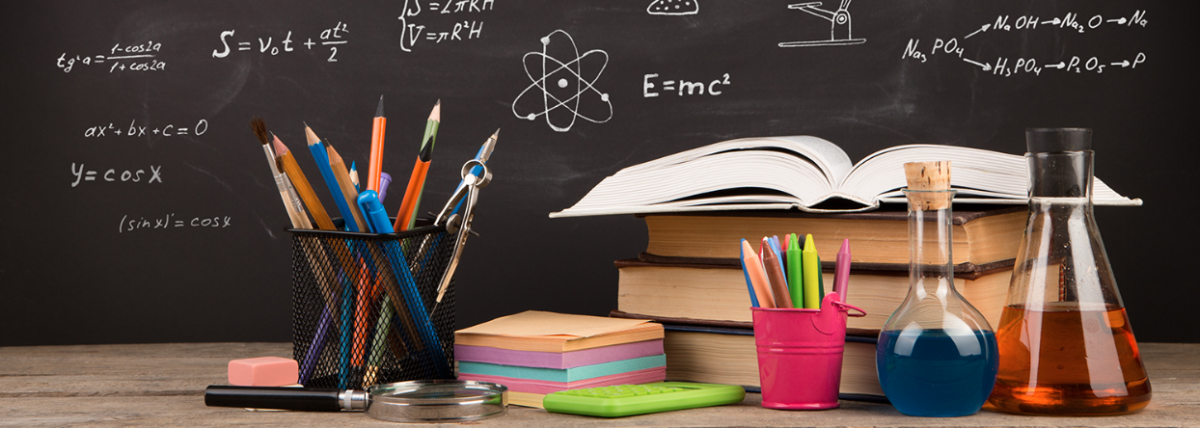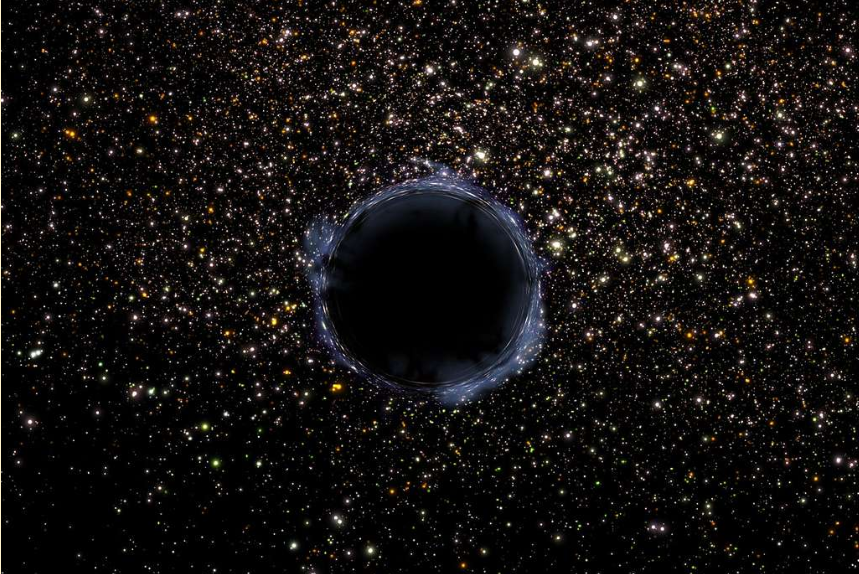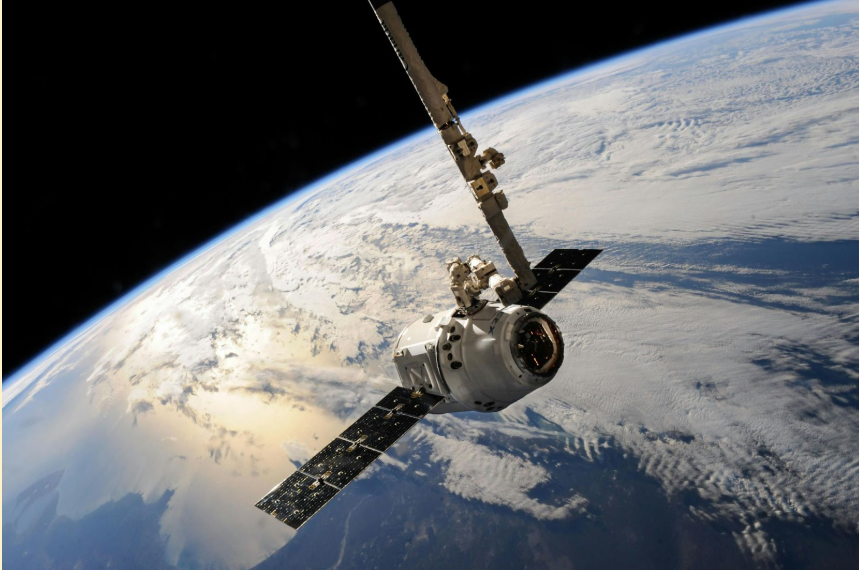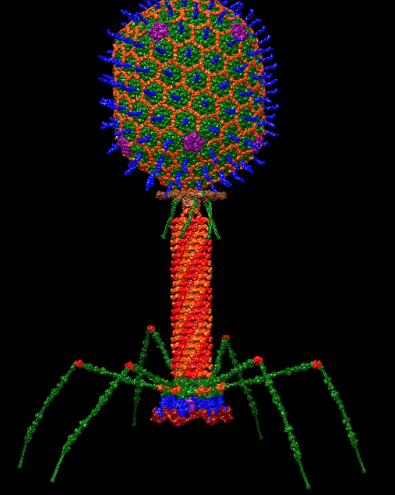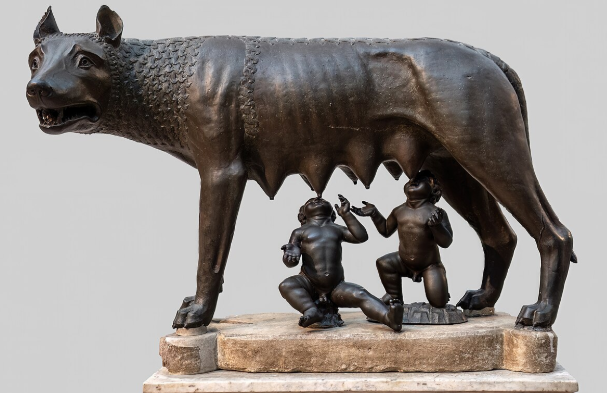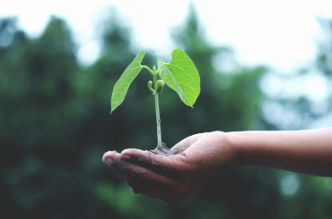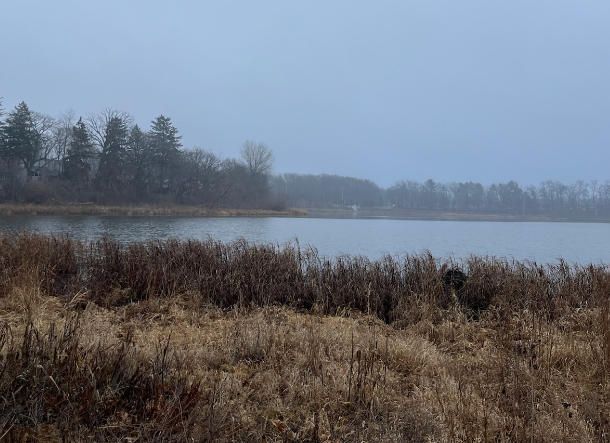From NASA robots on Mars to roombas in our homes, science is everywhere in our lives. Fundamental principles of subjects like biology, chemistry and physics can be seen everywhere, and science defines how we interact with our world. Because science is such an incredibly vast subject, it has a wide variety of appeals, and many schools have extensive science departments. Middleton High School (MHS) is no exception, offering nineteen science classes on its course registration website alone.
MHS boasts a wide variety of qualified and dedicated science teachers. Chemistry teacher Tim Berto acquired a masters degree in science education from the University of Wisconsin-Madison, and then went on to get a Ph.D. in inorganic chemistry from the University of Michigan-Ann Arbor. Before coming to MHS, he taught chemistry at the college level as part of his graduate school education, instructing groups ranging from 15-400 students.
“It’s evident in science that as you go deeper into the subject, you very much narrow the types of people you see, in numbers and in demographics,” Berto said. “What I like most about teaching high school is just that. It’s way more diverse, and you get students of all backgrounds. You’ve got some students who adore the subject, and others who will never use it at all outside of high school, and that’s the magic of it. Everybody gets the opportunity to participate.”
Mary Blackmore, an Advanced Placement (AP) Biology teacher at MHS, expressed a similarly deep passion for teaching high school students. When Blackmore first started teaching, she taught part-time at both the middle school and high school levels. After receiving her masters degree, she also taught botany at the college level. But, she found that many students there, for the most part, simply took the class to check it off of their requirements list.
“At the high school level, you could get the same depth of conversation (with some students) and many of the classes were electives, so the students wanted to be there,” said Blackmore. “It was just more enjoyable.”
When people think of scientists, specific images might come to mind. Lab coats and goggles, intensive education and expensive equipment are all things that people commonly associate with science. But, as education changes and expands, science teachers are trying to broaden accessibility to and perceptions of science. MHS requires students to take basic levels of both biology and chemistry during their freshman and sophomore years respectively, with many students additionally electing to take physics in their junior year. Importantly, the structure of MHS science instruction gives students multiple scientific perspectives and a view into a variety of scientific fields.
“I want to make what I teach accessible to anyone. I think that a lot of students, especially those with specific backgrounds, don’t see people like themselves succeeding in science,” Berto added. “Some kids are given the impression that science is too hard, or that they can’t pursue it as a career, but everyone should be able to immerse themselves in it. Science and education shouldn’t ever make students feel excluded in that sense, because it covers deeply important topics that everyone should pay attention to.”
As the world moves forward from the COVID-19 pandemic, the value of scientific education has become ever more apparent. With evidence of more and more scientific misinformation coming into the spotlight, people have begun to realize the importance of facts in the face of uncertainty. Now, more than ever, teachers are paying attention to the life skills they teach students.
Blackmore also emphasizes the importance of proper scientific education, noting that it has important implications for America’s political and social climate.
“Nationally, it is very demoralizing to see how uneducated people are. We live in a country where only about 50 percent of people believe evolution is a thing,” Blackmore said. “That should scare people, because these people vote on things that are science related, [such as] climate change, abortion and euthanasia, without understanding the impacts.”
Blackmore’s shocking statistic isn’t that far off. In a study by the University of Michigan as of 2019, only about 54 percent of Americans accepted the idea that humans developed over time from earlier species of animals. And, misinformation is everywhere. From social media promoting fake moon landing hoaxes to uninformed influencers encouraging others to drink hand sanitizer to cure COVID-19, the United States has a very real problem with how many people perceive science.
MHS physics teacher Brian Culligan also expressed concern.
“It seems like there is a segment of the population that really just doesn’t accept scientific explanations for things,” Culligan said. “I don’t know if it’s that they don’t understand science, or if they are uncomfortable with the fact that science doesn’t have all the answers… ”People need to realize that science isn’t “truth” – it is a process that tries to answer questions with the best information we have available at the time.”
Though it may feel that way from the student perspective, scientific education is far more than simply understanding or memorizing information for a test. At its core, science strives to teach students important life skills, such as critical thinking and curiosity. In a country experiencing a growing misinformation problem, the importance of those skills cannot be overstated.
“It’s never just about the information. Science literacy, being able to read and understand science, is crucial for understanding topics like politics and environmental science,” Berto said. “It’s a mindset, and a perspective on the world. Oftentimes, people view changing their opinions as a bad thing, and society gets stuck on what’s true and what’s not. Scientific literacy is a tool we can use to change that, to broaden people’s worldviews.”
As humanity progresses further into the 21st century, it seems as though science has slowly become more and more politicized. For example, vaccine conspiracy theories have spread like wildfire across the internet, convincing many people to reject vaccination. “Antivaxxers,” as they’re called, often reject vaccination for both themselves and their children, putting public safety at risk.
The increased politicization of science has created real risks for the healthcare industry during the COVID-19 pandemic, combining vaccine hesitancy with existing issues in US healthcare and contributing largely to the US’ poor response to the pandemic. According to the American Bar Association, the Trump administration pressed CDC scientists to change scientific reports used by policymakers in order to make decisions, due to political concerns about the growing pandemic. This discrepancy in scientific messaging caused conflicting messaging to the American public on how to keep safe, further muddling the pandemic response.
Berto continued on the role of scientific education and literacy in politics, noting that science has historically been quiet and performed in the background. He expressed the belief that science discovered things, and politics discussed and implemented them, applying them to society as a whole. But, that balance has slowly shifted over time.
“Science has often intentionally stayed behind the scenes, it’s not supposed to be politicized. But, now people debate scientific results themselves, and that’s fundamentally wrong. You can’t debate a scientific reality. You can disprove it, question it, but to just say “I don’t trust that” is wrong,” Berto said. “If the reality doesn’t agree with their worldviews, people spin it to justify their views, and it becomes more of an exercise on people’s opinions.”
As scientific literacy and education become increasingly important, science educators are realizing how valuable their work is. Scientific literacy is crucial for any teenager going into the adult world, and it affects our societies on multiple levels. Being able to distinguish fact from misinformation, think critically, and make informed decisions are all important life skills, and are skills that many high school scientific educators aim to promote.
“I think teaching people about the natural world, about anatomy, about climate change, will help them become better informed citizens in a society that looks down upon science and intellectuals. I hope that I give my students a foundation for building critical thinking skills when it comes to experiences in their adult lives,” Blackmore commented. “To experience life, it’s necessary to have a fundamental knowledge of how it works.”
Every day in the science classrooms at Middleton High School, teachers and educators work hard to build curiosity, critical thinking and passion in students from all walks of life. Famous Polish scientist Marie Curie said it best: “Nothing in life is to be feared, it is only to be understood. Now is the time to understand more, so that we may fear less.”



